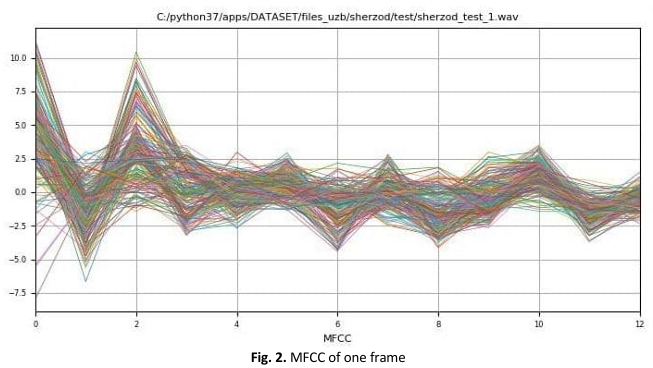Application of Genetic Algorithm in Training Automatic Speech Recognition
DOI:
https://doi.org/10.37934/ard.127.1.115Keywords:
Automatic speech recognition, hidden Markov models, mel-cepstral coefficients, fast Fourier transform, expectation-maximization algorithm, Baum-Welch algorithmAbstract
The application of a genetic algorithm in training automatic speech recognition is considered. In the learning process, hidden Markov models are used to evaluate the statistical properties of each word, including the sequence of cepstral coefficients, as well as the transition probabilities between model states. As the model trains, it seeks to improve the fit between the input cepstral coefficients and the target words in order to improve the accuracy of speech recognition. Once trained, the system is used to recognize new speech inputs and identify the corresponding words. This is done by applying trained Hidden Markov Models to new sequences of cepstral coefficients. Genetic algorithms can be useful for optimizing some aspects of speech recognition systems, such as selecting optimal parameters for processing speech signals and choosing the most appropriate models for specific tasks. The results of a comparative analysis based on typical examples are presented, demonstrating the advantages and high efficiency of the genetic algorithm. The main advantages of the GA are indicated, such as independence from initial conditions and the ability to overcome local extrema, which makes it a promising tool for training speech recognition models. The conclusion emphasizes the significance of the research results and their contribution to the development of SMM training methods for speech recognition.
Downloads























